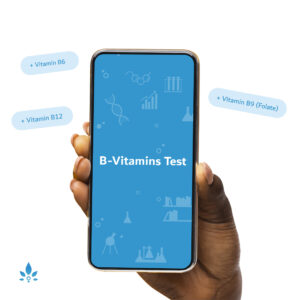Insulin-dependent Diabetes Mellitus (IDDM)


Insulin-dependent diabetes mellitus (IDDM)—also known as type 1 diabetes—is an autoimmune disorder in which the body destroys the cells in the pancreas that produce insulin. Insulin is a hormone that is responsible for moving glucose (sugar) from the bloodstream into the cells, where it is used as energy. Without adequate insulin, glucose levels in the blood can build to dangerous levels and cause a wide range of health problems.
IDDM is distinguished from type II diabetes, which is typically caused by lifestyle factors such as a high sugar diet, or obesity; and is more common in adults. IDDM accounts for 5-10% of all cases of diabetes in the US and can be diagnosed at any age, including during a baby’s first year.
While there is no known cause for IDDM, genetics and family history play a factor in a child’s risk for developing the condition. About 30% of children with type 1 diabetes have a close relative with the disease. Other factors may include exposure to a virus, such as Epstein-Barr, coxsackie, mumps, or cytomegalovirus.
Some of the signs and symptoms to look for include:
- Increased thirst and frequent urination
- Extreme hunger
- Weight loss
- Fatigue
- Irritability
- Blurred vision
- Frequent yeast infection (Girls with type 1 diabetes may have a genital yeast infection, and babies can develop diaper rash caused by yeast)
If you suspect your child might have IDDM, call your paediatrician immediately. The doctor will order a finger stick blood test. There are other blood tests—such as glycated hemoglobin (A1C) test and a fasting blood sugar test—that can be performed if the initial blood test is inconclusive or your doctor believes more testing is needed.
Treatment for IDDM needs to be taken seriously and is a lifelong commitment. The treatment involves frequent blood sugar monitoring, insulin, healthy eating, and regular exercise. As your child gets older, their treatment plan will likely be adjusted. Growth spurts can affect your child’s insulin needs, while colds and other illnesses can also have an impact on your child’s blood sugar levels and diabetes management.
Sources:
- The Children’s Hospital of Philadelphia
- Diabetes and Pregnancy. The Mayo Clinic
- Type 1 diabetes and children. The American Academy of Pediatrics
Powered by Bundoo®













































